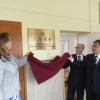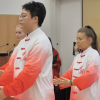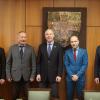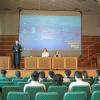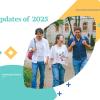How do 8 Universities Accomplish 27 Tasks?
2023
Jun
12
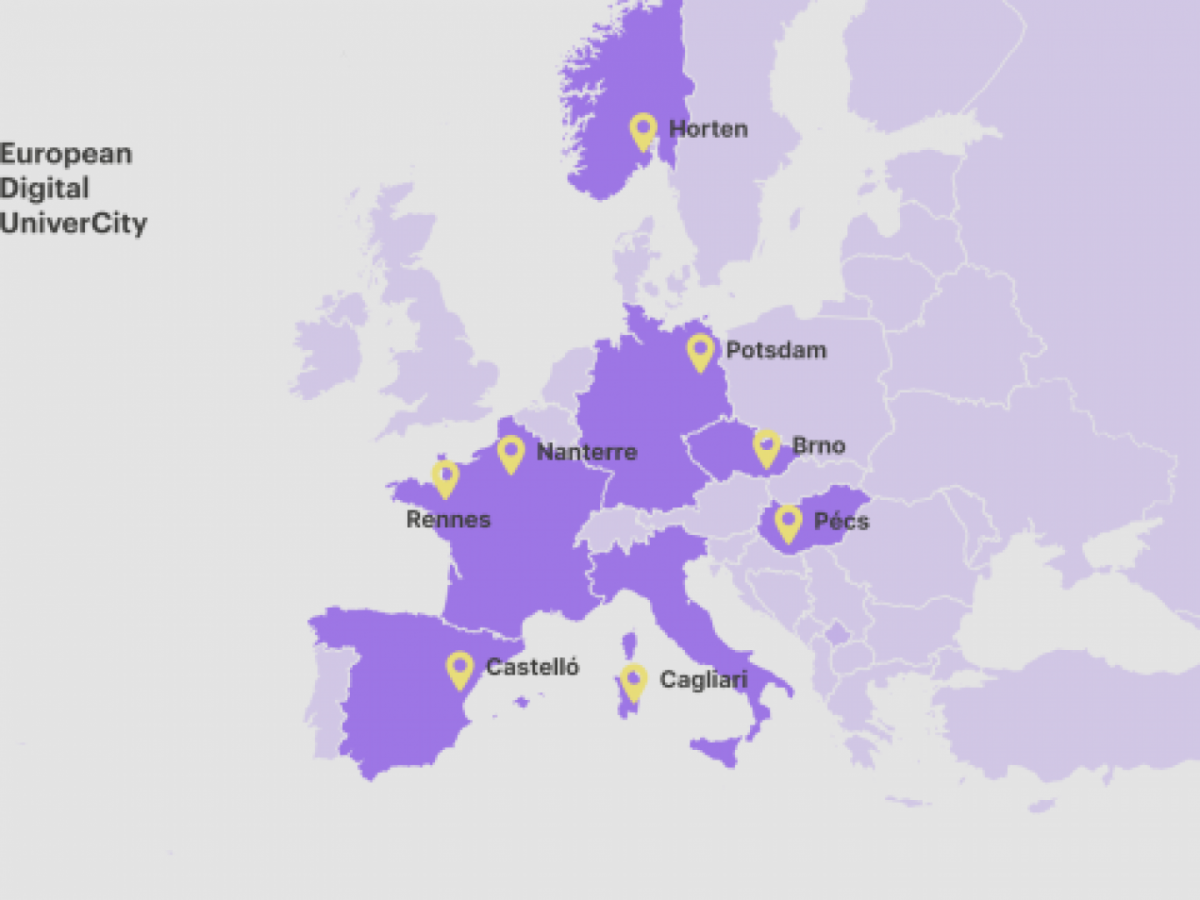
The University of Pécs has come up with a new way of working in the framework of EDUC: it is working on 27 tasks in the framework of management innovation to advance the internationalisation of higher education in Europe. The first event in this spirit was held on 8 June in the Senate Hall of the University.
University alliances have been created in order to renew and make European higher education more competitive. EDUC is one of them, and the University of Pécs has been part of the internationalisation consortium from the very beginning. The topic has been divided into 27 tasks, which the 8 partners will tackle together, but each partner will work on the issues in different ways. Some allies of UP are working with the same team of a few people, while others - like UP - have asked experts to ensure that the solutions are as up-to-date and succinct as possible.
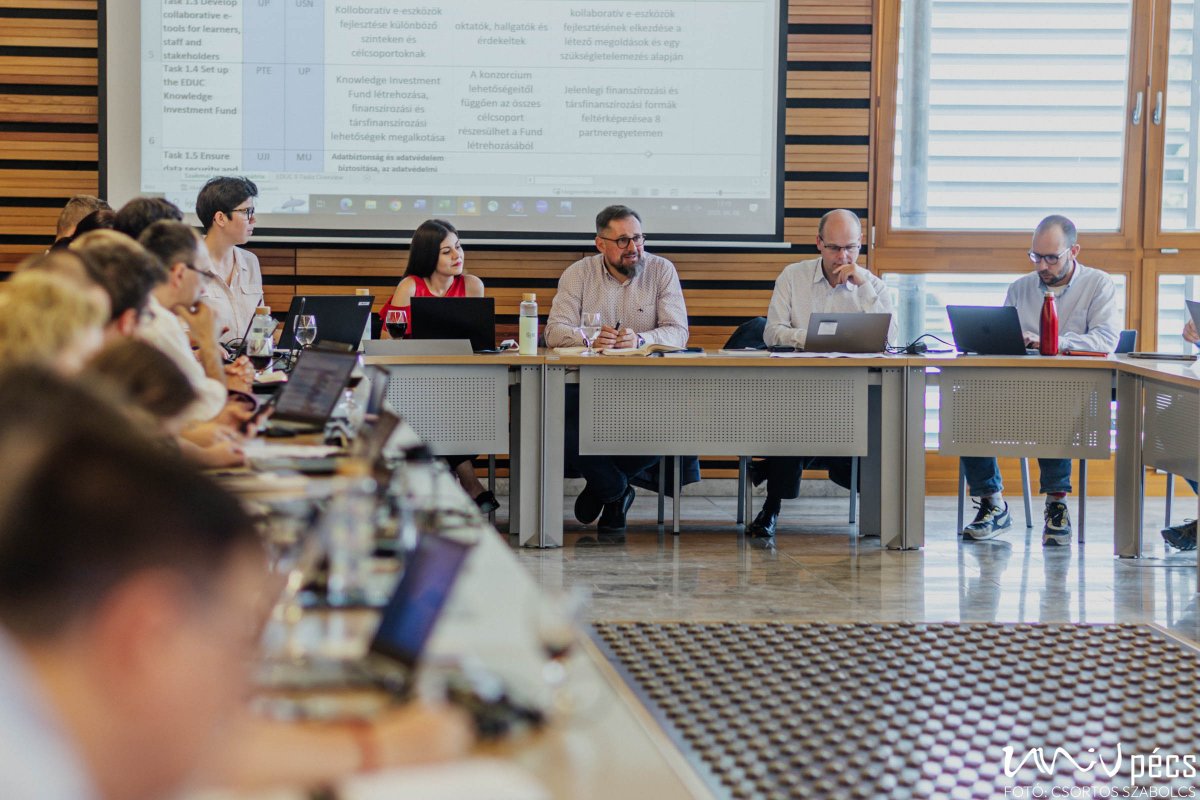
The working groups focus on the 27 tasks separately, but the innovation in Pécs is that every 3-4 months, all those working on the EDUC tasks meet and listen to each other about where each task stands. This both allows the participants to see the whole picture and gives them a chance to collaborate and inspire each other with innovative ideas, recognising the common intersection of separate topics.
See the bigger picture
"It's a methodological innovation, with regular meetings.
Our aim is to learn more about the project as a whole and to work together in synergy. Today’s is the first pilot event," said Dr István Tarrósy, Head of the UP International Centre. The participants represented almost all units of the University of Pécs - perhaps even the Senate does not cover the institution in such detail. The picture slowly emerged for the participants in each working group: while one of them is concerned with promoting the research career, another is trying to describe the common values of the members of the association. EDUC is a huge project, and indeed a project that shapes European higher education as a whole, so it is important to work on all aspects of internationalisation. By the end of the project, EDUC will be a university association operating smoothly and on the basis of shared values, within an optimal legal framework, providing joint degrees and micro-certifications to its students, which are in demand on the labour market, promoting their research careers, creating new opportunities for its PhD students, teachers and staff, communicating effectively and creating the administrative, legal and IT conditions for all this to go beyond national boundaries.
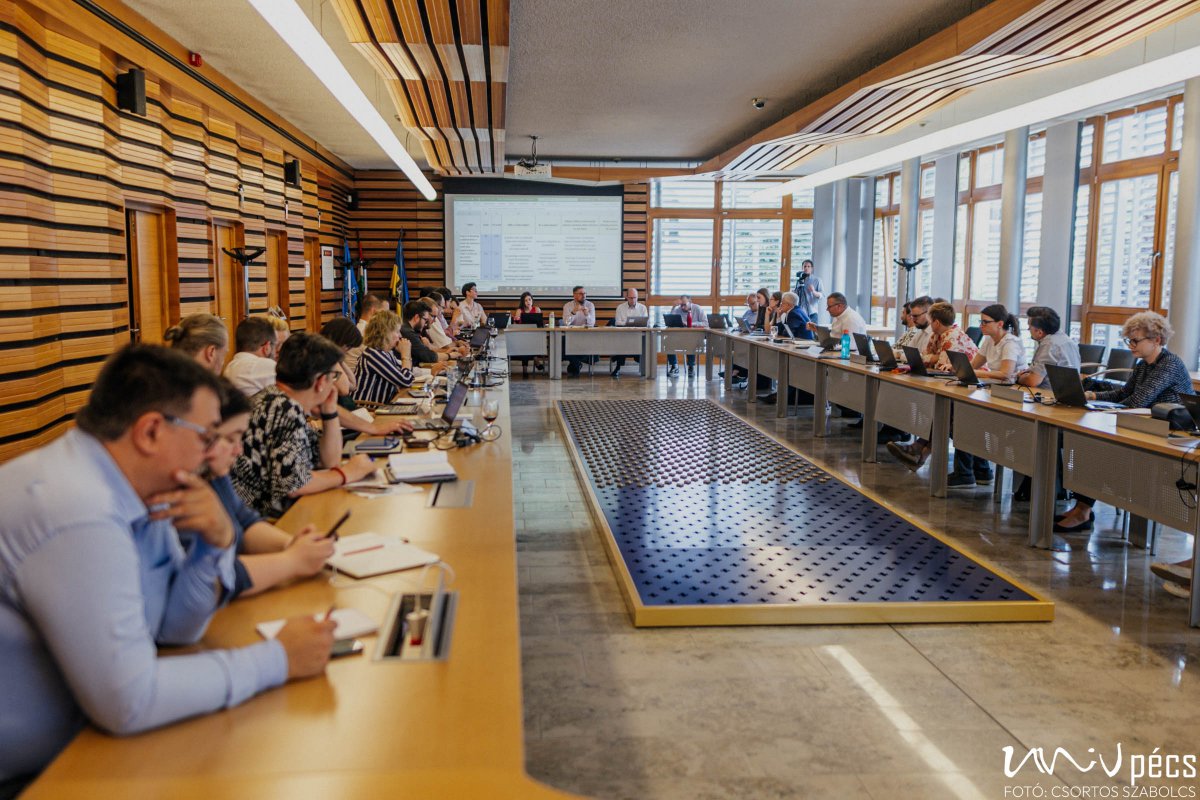
Another innovation among the tasks is a proposal from the UP, which plans for the more distant future of the project: they are working on creating the financial basis for cooperation independently of EU and other funding sources. "For many, the idea seemed a bit daunting at first, but let us give it a try, as the aim is to make the EDUC alliance sustainable for several decades," said Dr István Tarrósy. Under the aegis of another task, they are working on a system of internationally feasible R&D&I activities interlinked with economic actors.
Inspiring coffee breaks
Intersections among the different tasks emerged, which the experts were able to discuss informally. Moreover, common problems emerged: the need to create a legal, economic and administrative framework, alongside/between widely differing national regulations, that creates a common basis accepted by all partners in the changing world of higher education in Europe. The range of participants in the alliance is also diverse: for example, among the partners there are megacampuses in the capital, institutions in smaller and larger rural towns, and a university which consists of campuses in several small towns. Meanwhile, national regulations are also changing - in Hungary, for example, the concept of "academic achievement" in higher education will be redefined in the near future. After the big picture, there were already points of contact along which those working in isolation could engage in fruitful discussions.
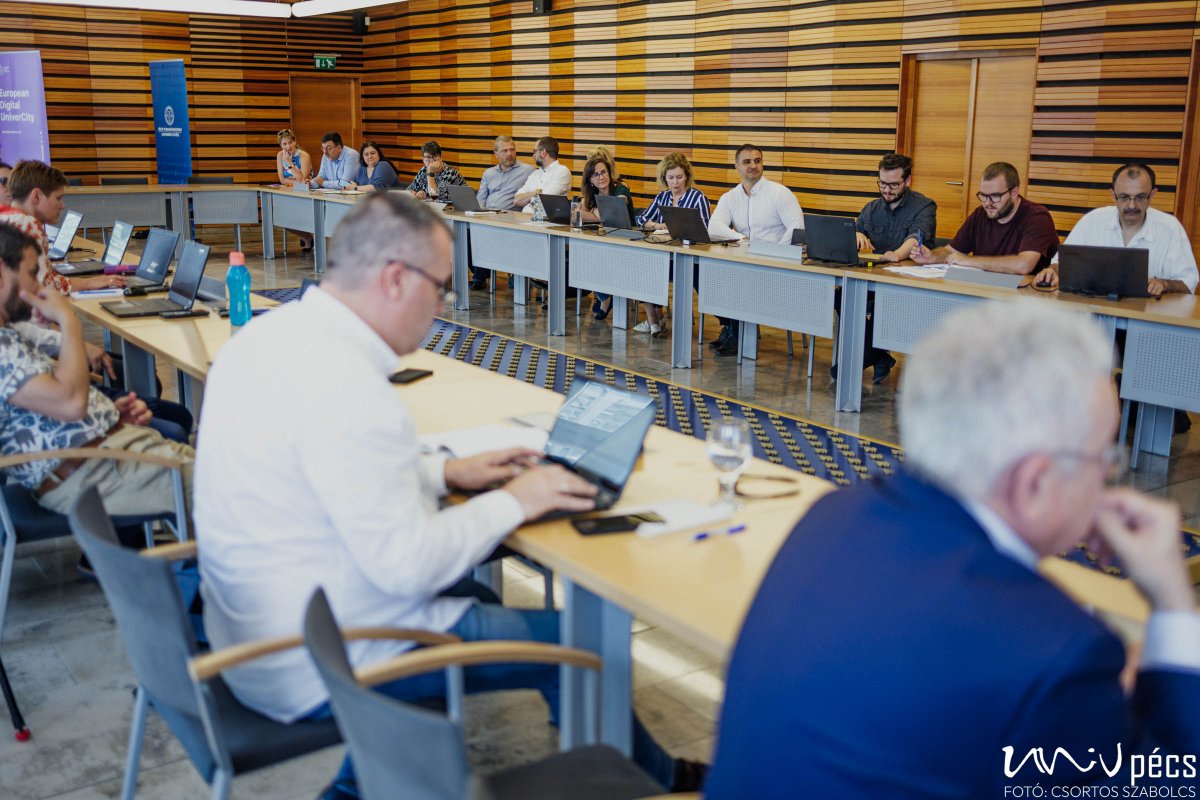
The first, pilot event was complex and very much to the point, with a summary of each of the 27 tasks in just three and a half minutes. In contrast to the more turgid scientific and/or working sessions that are common in Hungary, the EDUC programme on 8 June was practical and dynamic. A follow-up event is planned for the autumn.
Written by: Éva Harka
Photo: Szabolcs Csortos
- Log in to post comments
University of Pécs | Chancellery | IT Directorate | Portal group - 2020.
